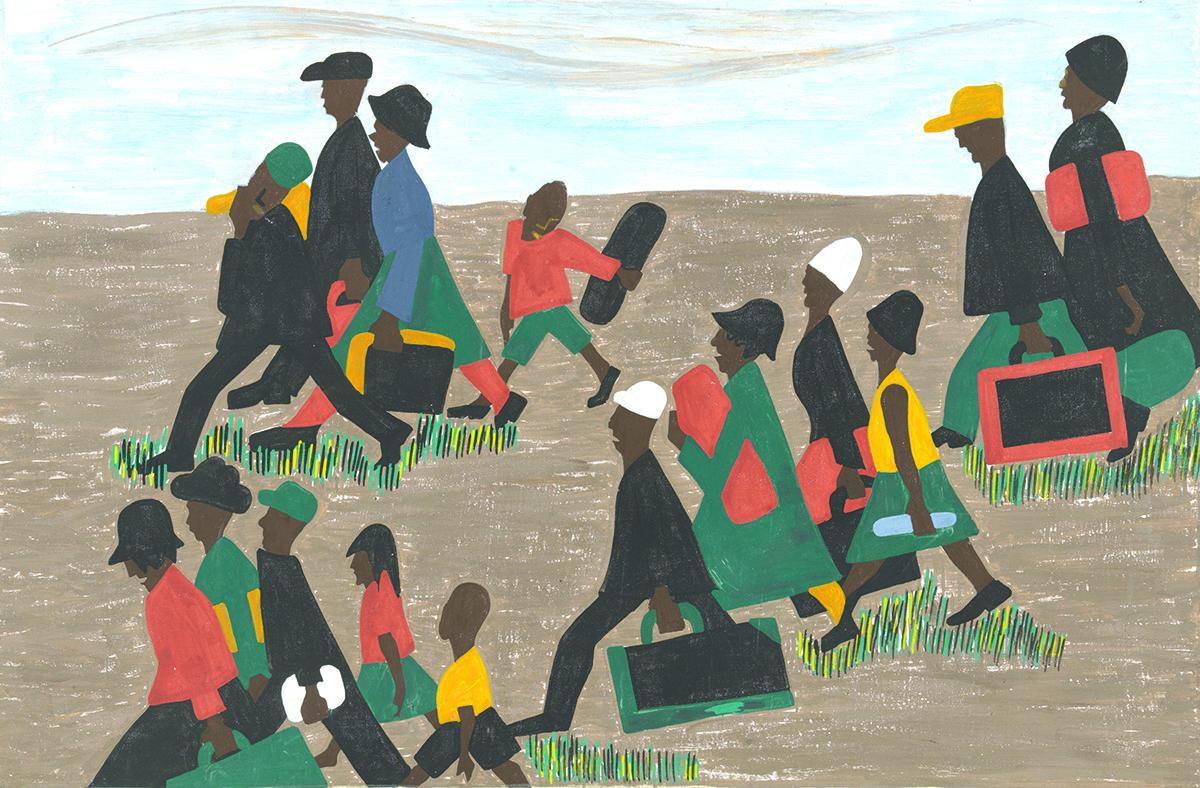Colorism, according to Oxford Dictionaries, is prejudice or discrimination against individuals with a dark skin tone, typically among people of the same ethnic or racial group. Colorism has influenced what we as a society consider to be beautiful. It has forced many of us to put one another into boxes and has caused us to have preconceived ideas of each other based on the color of our skin. A good example of colorism present in the media is the casting call used to find girls to be in the 2015 film, Straight Outta Compton.
In this casting call they list four different groups, from A girls to D girls. It begins with describing the guidelines you must meet to be considered an A girl. A girls, according to the casting call, “are the hottest of the hottest. Models. MUST have real hair – no extensions, very classy looking, great bodies. You can be black, white, asian, hispanic, mid eastern, or mixed race too. “. That doesn’t sound too bad, right? Well as the you continue further down the list the casting call begins to associate attractiveness and beauty to lighter skin tone. For example B girls are “fine girls, long natural hair, really nice bodies. Small waists, nice hips. You should be light-skinned.”and continues to C girls who are “African American girls. Medium to light skinned with a weave”and D girls are “African American girls. Poor, not in good shape. Medium to dark skin tone”. This is just one example of colorism in the media. If you go on twitter, for example, you will quickly find plenty of posts about light skins and dark skins and debates on which skin tone is better. Colorism has divided communities for decades and has always had a deep influence on society.
http://gawker.com/straight-outta-compton-casting-call-is-racist-as-hell-1606524197

In W.E.B. DuBois’s piece, The African Roots of War, he does not address colorism directly. However, he does mention that “color became in the world’s thought as synonymous with inferiority,” which is an important component to understanding colorism. The presence of colorism is a sign that the racist messages that POC encounter are frequent and frequently internalized. There is a desire to begin “to invest in color prejudice” because it is thought to be the most sustaining although it is highly self-destructive.
What is also interesting is, with the lack of discussion around colorism towards different shades of black, how DuBois would respond to the notion that his lighter skin gives him a certain privilege over other black folk. DuBois understands how asian nations navigate race and that races that aren’t white can still access whiteness, but he also sees this as a class issue.
Bois, W. E. B. Du. “The African Roots of War.” Monthly Review, vol. 24, no. 11, 1973, p. 28., doi:10.14452/mr-024-11-1973-04_3.